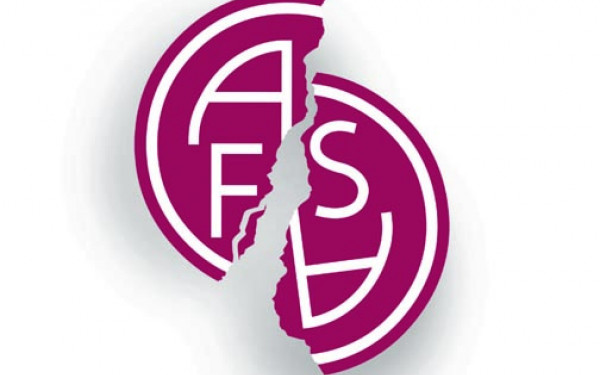Bring Back the Parties
Commentary: Does the Individual Politico System Work?
After an electoral campaign plagued with allegations of harassment and intimidation, the Arts and Science Federation of Associations decided to drastically reform this year’s elections.
For the first time, candidates will not be allowed to form political parties because, according to former ASFA Chief Electoral Officer Colby Briggs, parties devolved into an “extremely aggressive” mob during the 2010 campaign.
Last year’s elections were among the dirtiest in recent memory. Candidates would call Briggs in tears, the CEO received affidavits from lawyers detailing bully tactics used by rival parties and two executives-elects had their victories thrown out for violating the association’s electoral bylaws.
I was among those who agreed with ASFA’s decision to have candidates run as individuals, but as this year’s campaign kicked off on Thursday, I’ve been forced to reconsider this position.
In the span of just one year, ASFA has gone from having a dangerously competitive electoral process to one that scarcely resembles democracy. Only three of seven ASFA executive positions are being contested and no one has even bothered to run for VP Communications.
While political parties have the potential to degrade into glorified street gangs, they also foster competitiveness, teamwork and discipline—all of which are required traits for success in politics.
The burden placed on a candidate running alone is intimidating. The candidate must be a jack-of-all-trades, a self-promoter and a skilled public speaker with no one to fall back on if the contest intensifies.
It’s hard to imagine there would be so few running in this year’s election if the party system were still in place. Mob mentality aside, it’s easier to join a team when you know you can rely on its members to bring different skill sets to the table.
Because there is no real competition this year, what motivation do candidates have to get out there and mobilize students? What motivation do students have to vote for someone when the other option is nothing? Why should candidates even bother having a platform worth living up to?
Perhaps the most important element of the party system is that it forces candidates to stick to a well-defined set of promises. Having spoken to many of this year’s candidates myself, I can say that they are well-intentioned and hard working individuals. But, frankly, fighting student apathy isn’t a quantifiable campaign promise. There is no school spirit meter tucked away in the ASFA offices.
Say what you will about this year’s crop of Concordia Student Union executives, but at least they have a clearly defined mandate. There are eight platform points that students can hold the CSU accountable to during their time in office. Although there has been plenty of talk of accountability and transparency, those are the most basic job requirements of an elected official.
I won’t deny that ASFA’s electoral bylaws need a series of reforms if the association wants to rid itself of the cronyism and dirty tricks that arose last year. But doing away with political parties altogether is just a case of throwing the baby out with the bathwater and may have further alienated the association from the students it represents.
This article originally appeared in Volume 31, Issue 22, published February 8, 2011.





